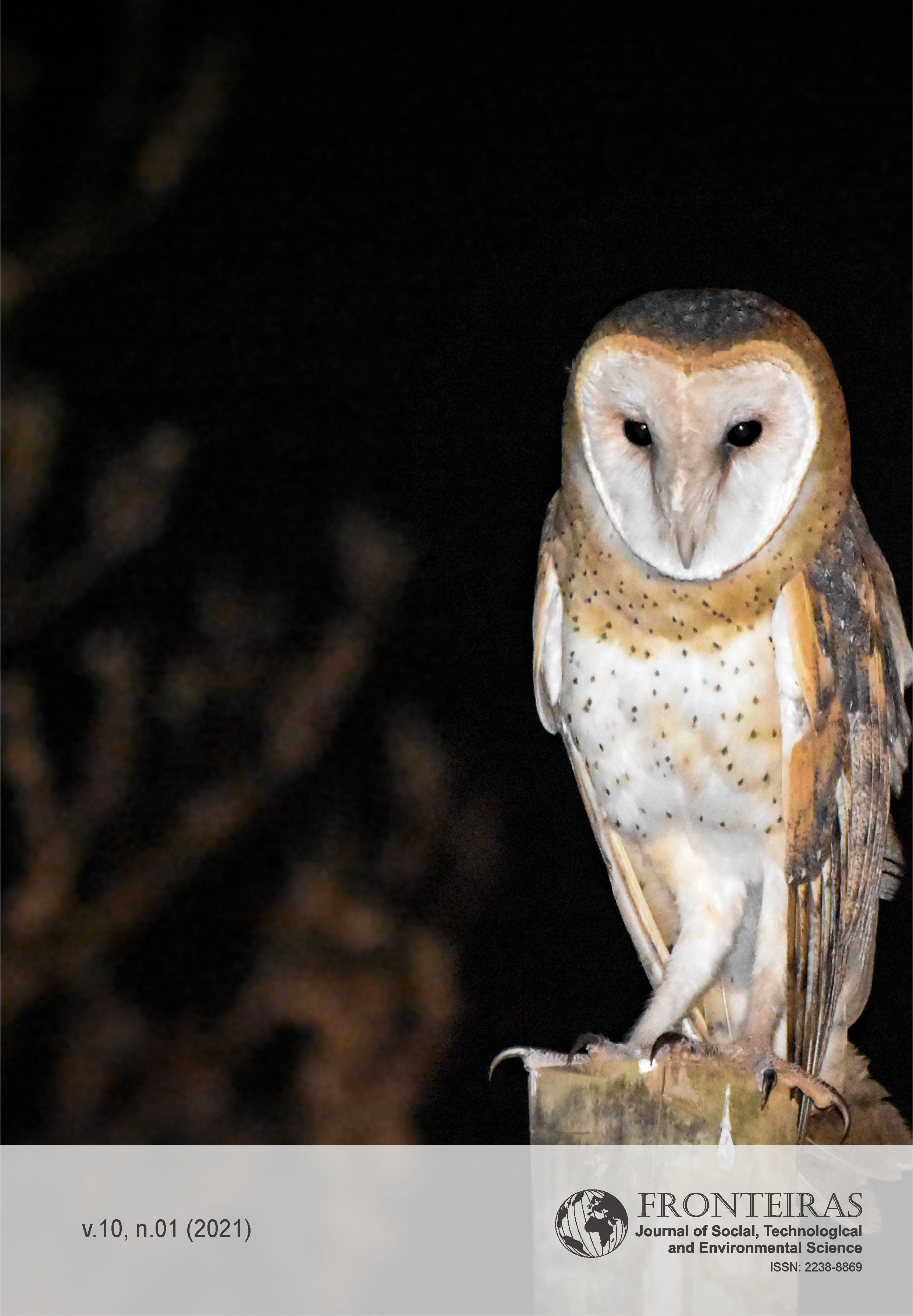Colonial China: reflections from the Uyghur exile
DOI:
https://doi.org/10.21664/2238-8869.2021v10i1.p94-115Keywords:
China; Xinjiang; Uyghurs; Decolonial thought; Oral HistoryAbstract
The aim of this article is to reflect, from a decolonial perspective, and from the life histories of the exiled Uyghur communities, on the mechanisms of coloniality of power, knowledge and being and the appropriation of natural and human resources that the central government of People's Republic of China (PRC) applies to the Xinjiang Uyghur Autonomous Region (XUAR). Through a problematization of the imposed categories, we will try to reflect on the Chinese Communist Party (CCP) government over the PRC, investigating their origins at a historiographical and ideological level, emphasizing the colonial and extractive nature of some invisible and prohibitionist measures in relation to identity characteristics of the Uyghur people. The survivors' stories are built around axes that nourish not only an academic space, but constitute their own entity in this study: migration is understood from the concept of bodies with feelings and emotions, subordinated by the system; the violence that these bodies receive, religion, death, acquire here a physical and ontological dimension that is reflected in all the life stories, in the looks and scars of the people interviewed, in their voices and tears.
Downloads
Published
How to Cite
Issue
Section
License
This journal offers immediate free access to its content, following the principle that providing free scientific knowledge to the public, we provides greater global democratization of knowledge.
As of the publication in the journal the authors have copyright and publication rights of their articles without restrictions.
The Revista Fronteiras: Journal of Social, Technological and Environmental Science follows the legal precepts of the Creative Commons - Attribution-NonCommercial-ShareAlike 4.0 International. 


